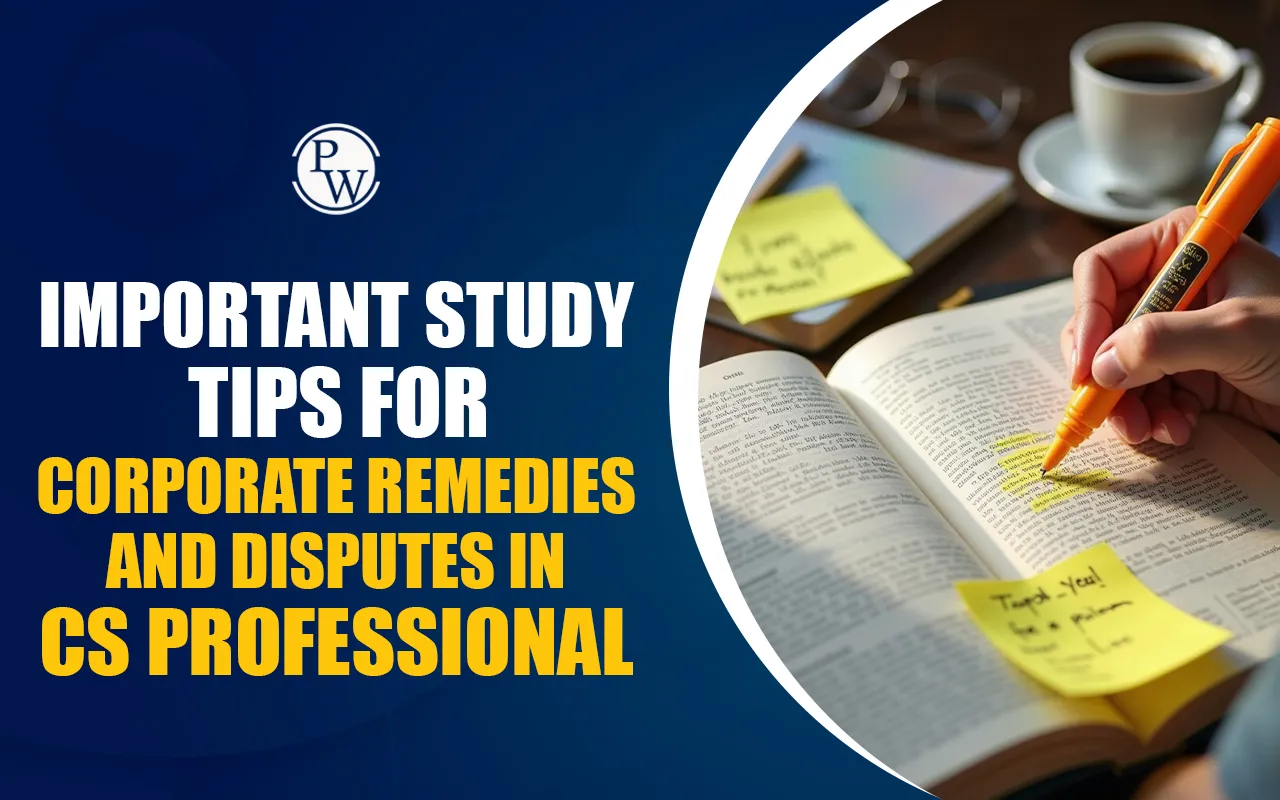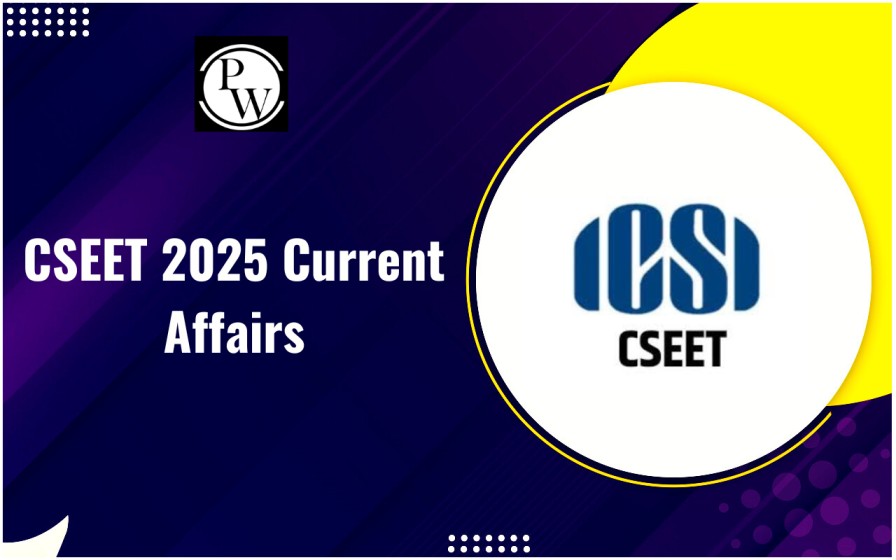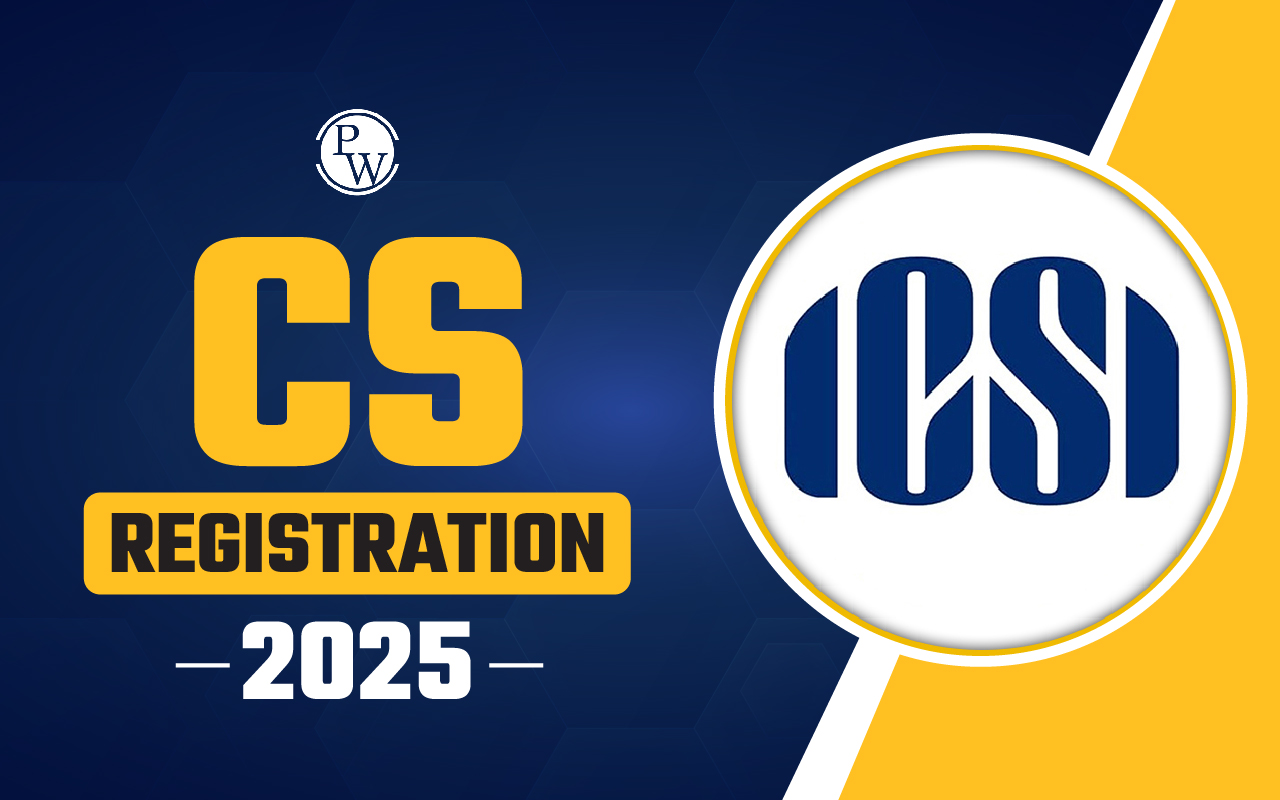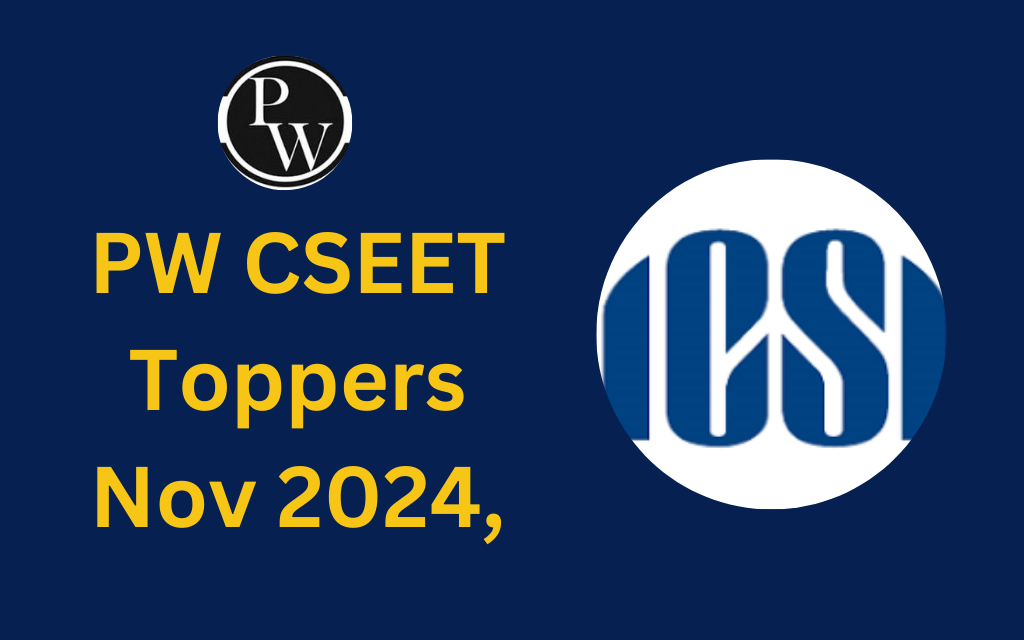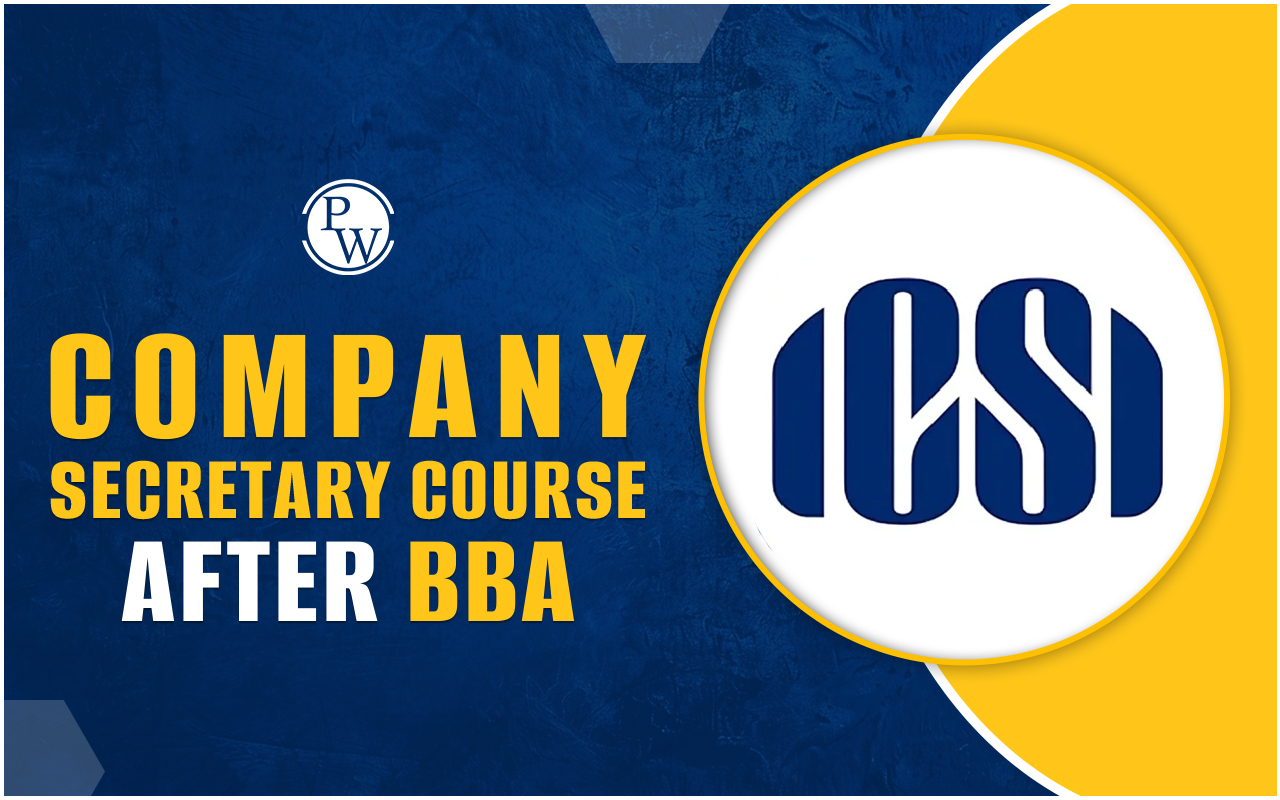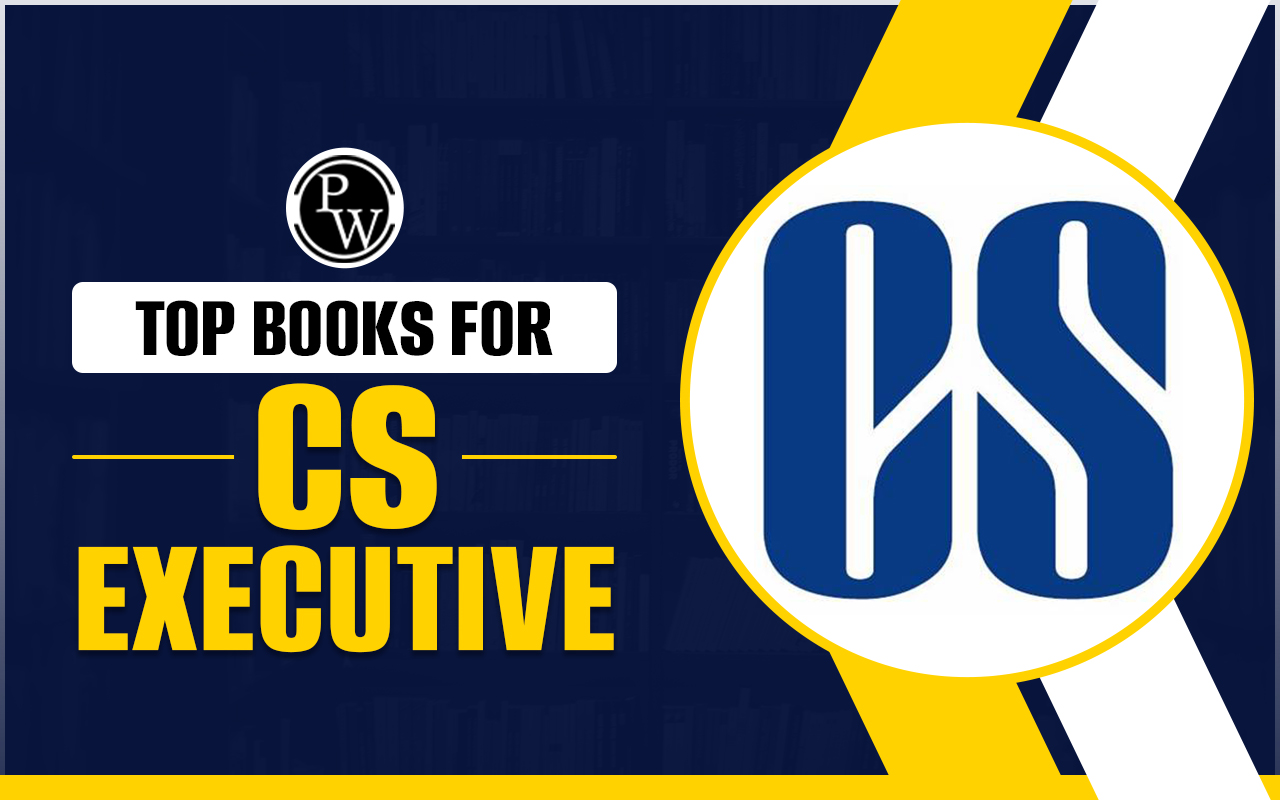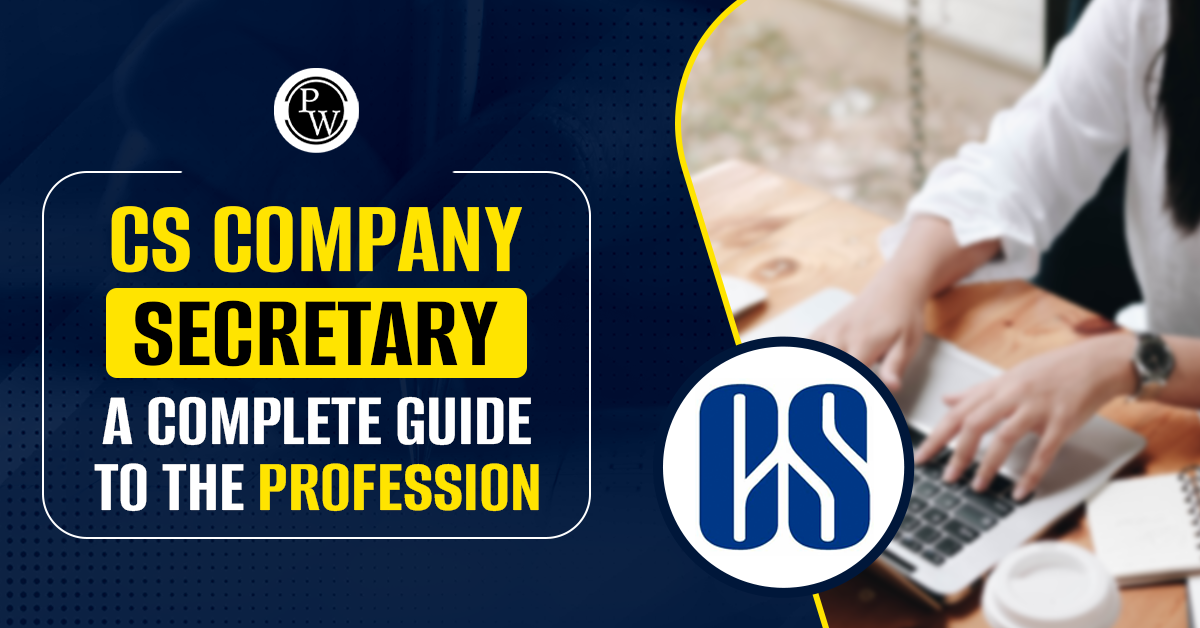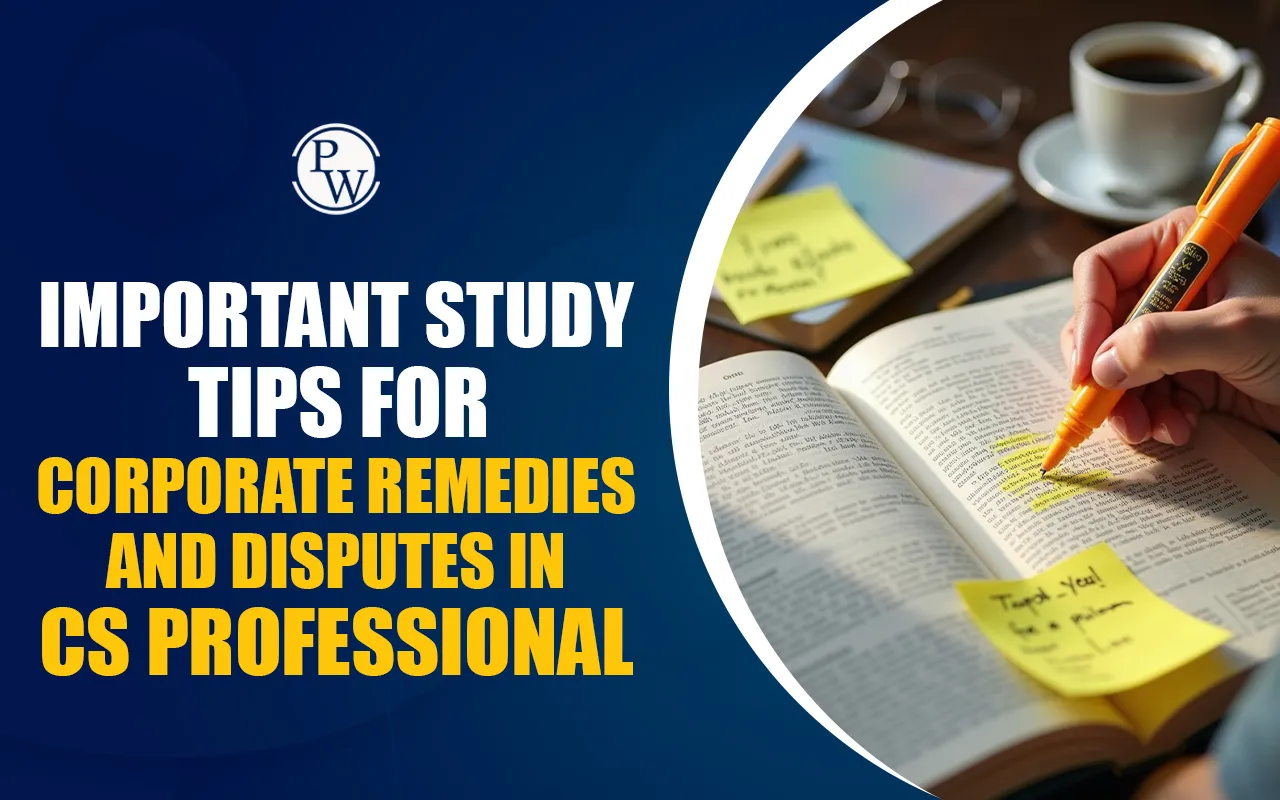
Preparing for the CS Professional exam requires a deep understanding of every subject, and Corporate Remedies and Disputes is one of the most application-oriented papers. This subject is designed to test your grasp of legal remedies available to corporate entities and how disputes are resolved through statutory and judicial mechanisms. In this article, we will see the Important Study Tips for Corporate Remedies and Disputes in CS Professional that are specifically tailored to the nature and content of this subject.
Corporate Remedies and Disputes
Corporate Remedies and Disputes is a paper introduced to help candidates understand how companies handle conflicts, protect stakeholders’ interests, and seek redressal in case of legal violations. It focuses on several key areas such as oppression and mismanagement, class action suits, arbitration, mediation, compromise and arrangements, and jurisdictional powers of NCLT and NCLAT. The subject enables students to gain a legal and procedural understanding of dispute resolution and prepare them for real-world application in corporate law scenarios.
Also Check: CS Professional Secretarial Audit and Due Diligence, Important Topics and Tip
Important Study Tips for Corporate Remedies and Disputes in CS Professional
This section provides in-depth guidance for effectively preparing the Corporate Remedies and Disputes paper. These tips are designed to align with the core themes of the subject and help you structure your study plan around high-yield concepts.
Focus on Understanding Oppression and Mismanagement
One of the core topics in this paper is oppression and mismanagement under the Companies Act. Focus on understanding what constitutes oppression, who can file a complaint, and how the Tribunal handles such cases. Among the practical study tips for corporate remedies and disputes is the preparation of comparative tables that differentiate between oppression, mismanagement, and fraud.
Master the Provisions Related to Class Action Suits
Class action suits are an important remedy available to shareholders and depositors. Learn about the conditions for filing such suits, the process involved, and the powers of the Tribunal. One of the subject-specific Study Tips for Corporate Remedies and Disputes is to draft sample formats or procedural checklists for filing class action applications under Section 245 of the Companies Act.
Also Check: Effective Preparation Strategy for Governance and Compliance in CS Professional
Understand the Procedures for Compromise, Arrangements, and Amalgamations
This section is often linked with Corporate Restructuring. Study the legal framework of Section 230 to 232 thoroughly. A useful Study Tip for Corporate Remedies and Disputes is to understand the steps involved from the application to the NCLT, conducting creditors’ meetings, to the final order and relate them with practical examples or case studies.
Learn the Basics of Arbitration and Conciliation
Arbitration and conciliation are key alternatives to traditional litigation. Focus on the Arbitration and Conciliation Act, 1996, and understand how it is applied in corporate disputes. One of the essential Study Tips for Corporate Remedies and Disputes is to summarize the difference between institutional and ad hoc arbitration, and understand when arbitration is binding.
Decode the Concept of Mediation and Its Role in Corporate Disputes
Mediation is gaining importance as a mechanism to resolve disputes amicably. Explore the mediation rules under the Companies Act and the Commercial Courts Act. A valuable Study Tip for Corporate Remedies and Disputes is to list situations where mediation is preferable and mandatory under the law.
Also Check: CS Professional Drafting and Pleadings, Key Concepts and Study Guide
Make a Chart of the Powers of NCLT and NCLAT
The National Company Law Tribunal (NCLT) and its Appellate Tribunal (NCLAT) play a significant role in corporate dispute resolution. Make a chart of their powers under different provisions. One of the insightful Study Tips for Corporate Remedies and Disputes is to understand jurisdiction and appellate structure by mapping it visually.
Solve Practical Problems Based on Case Studies
This subject involves application of laws to real-life scenarios. Practice questions where you apply legal provisions to hypothetical situations involving disputes among shareholders, breach of directors’ duties, or non-compliance by companies. One of the most result-oriented Study Tips for Corporate Remedies and Disputes is to write descriptive answers by applying relevant sections and judicial precedents.
Make a Table of Commonly Used Sections and Their Applicability
Create a ready-reckoner of key sections such as Section 241 (Oppression and Mismanagement), Section 245 (Class Action), Sections 230-232 (Compromise and Arrangements), and provisions of the Arbitration and Conciliation Act. Among the most functional Study Tips for Corporate Remedies and Disputes is to revise these sections regularly using your self-made tables.
Also Check: How to Prepare for Advanced Tax Laws in CS Professional?
Learn How Remedies Vary Across Different Stakeholders
Understand how remedies differ for shareholders, creditors, depositors, and other stakeholders. Prepare notes that highlight how each category can seek legal relief under different provisions. This is one of the analytical Study Tips for Corporate Remedies and Disputes that helps in building conceptual clarity and strengthens your answer writing.
Highlight Differences Between Civil and Criminal Remedies
Corporate remedies are not only civil in nature; some acts involve penal consequences too. Learn the difference between civil wrongs like breach of fiduciary duty and criminal offences like fraud or misstatement in prospectus. A technical Study Tip for Corporate Remedies and Disputes is to maintain a comparison chart and revise it periodically.
Refer to Real NCLT/NCLAT Judgments
Reading actual judgments from the NCLT and NCLAT helps you understand how corporate disputes are resolved in practice. One of the insightful Study Tips for Corporate Remedies and Disputes is to make brief notes of these judgments and understand the legal principles derived from them. This approach improves your ability to cite relevant case laws effectively.
Also Check: How to Study Corporate Restructuring and Liquidation in CS Professional?
Track Recent Amendments and Case Law Developments
Corporate law is dynamic. Stay updated with recent case laws and changes in procedures related to dispute resolution. One of the real-time Study Tips for Corporate Remedies and Disputes is to create a separate update log for any legal development that impacts corporate remedies.
Understand Legal Drafting Elements Used in Disputes
While drafting is not the focus of this paper, having a basic idea of how petitions, applications, or affidavits are structured can enhance your understanding. One of the structural Study Tips for Corporate Remedies and Disputes is to examine templates used in legal proceedings like petitions to NCLT or appeal formats to NCLAT.
Incorporating these subject-specific Study Tips for Corporate Remedies and Disputes in CS Professional into your study plan can significantly enhance your understanding and performance in the exam. By staying consistent and diving deep into each concept with legal reasoning, these Study Tips for Corporate Remedies and Disputes will not only help you write strong answers but also give you a broader understanding of how corporate disputes are resolved in the real world.
Join PW CS Online Courses and build a strong foundation in corporate laws and governance with structured learning and dedicated support.
Study Tips for Corporate Remedies FAQs
What is the best way to study case laws for Corporate Remedies and Disputes?
How should I remember different sections like 241, 245, and 230-232?
Are mock tests useful for Corporate Remedies and Disputes?
How do I differentiate between arbitration, conciliation, and mediation in exam answers?

